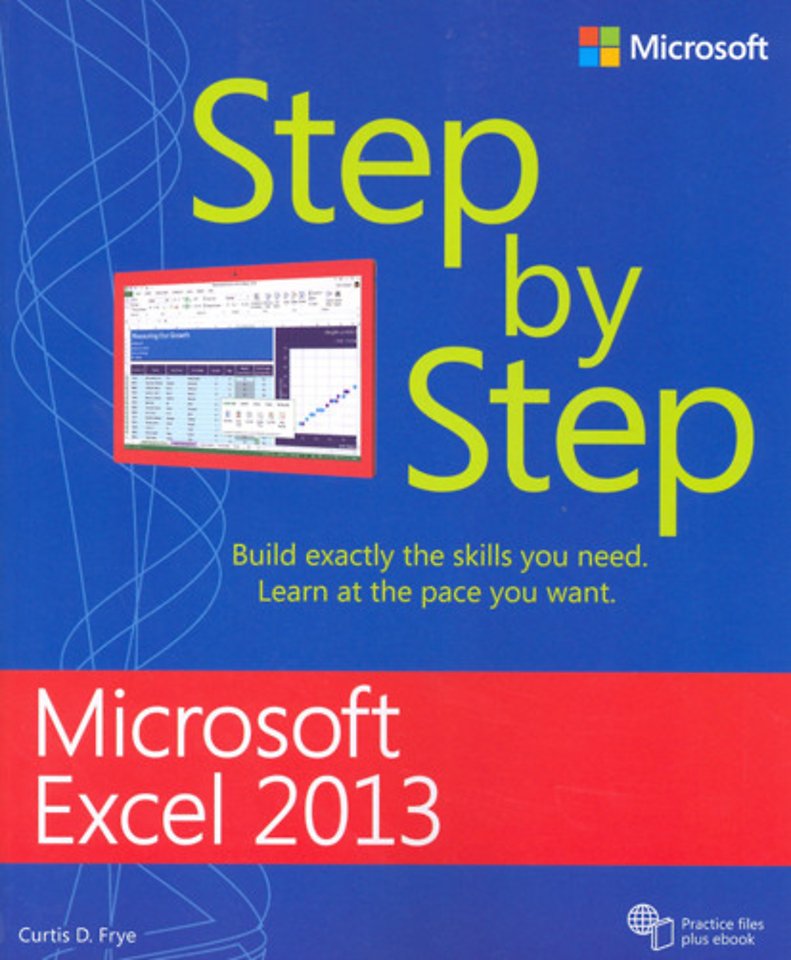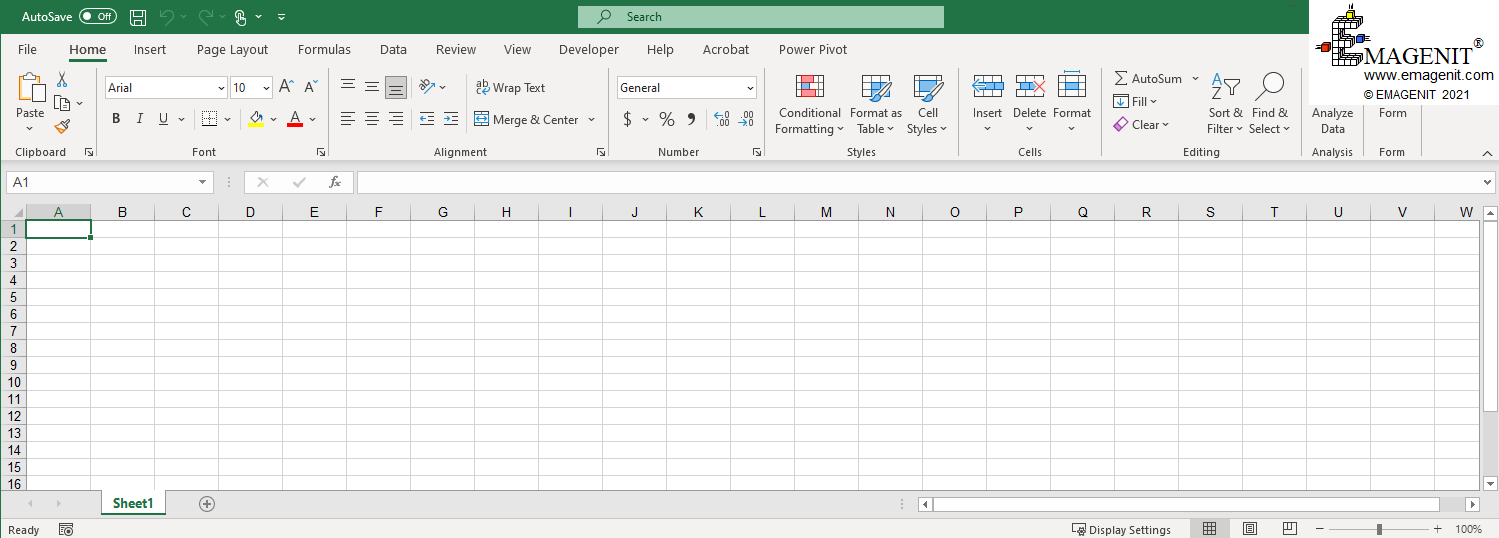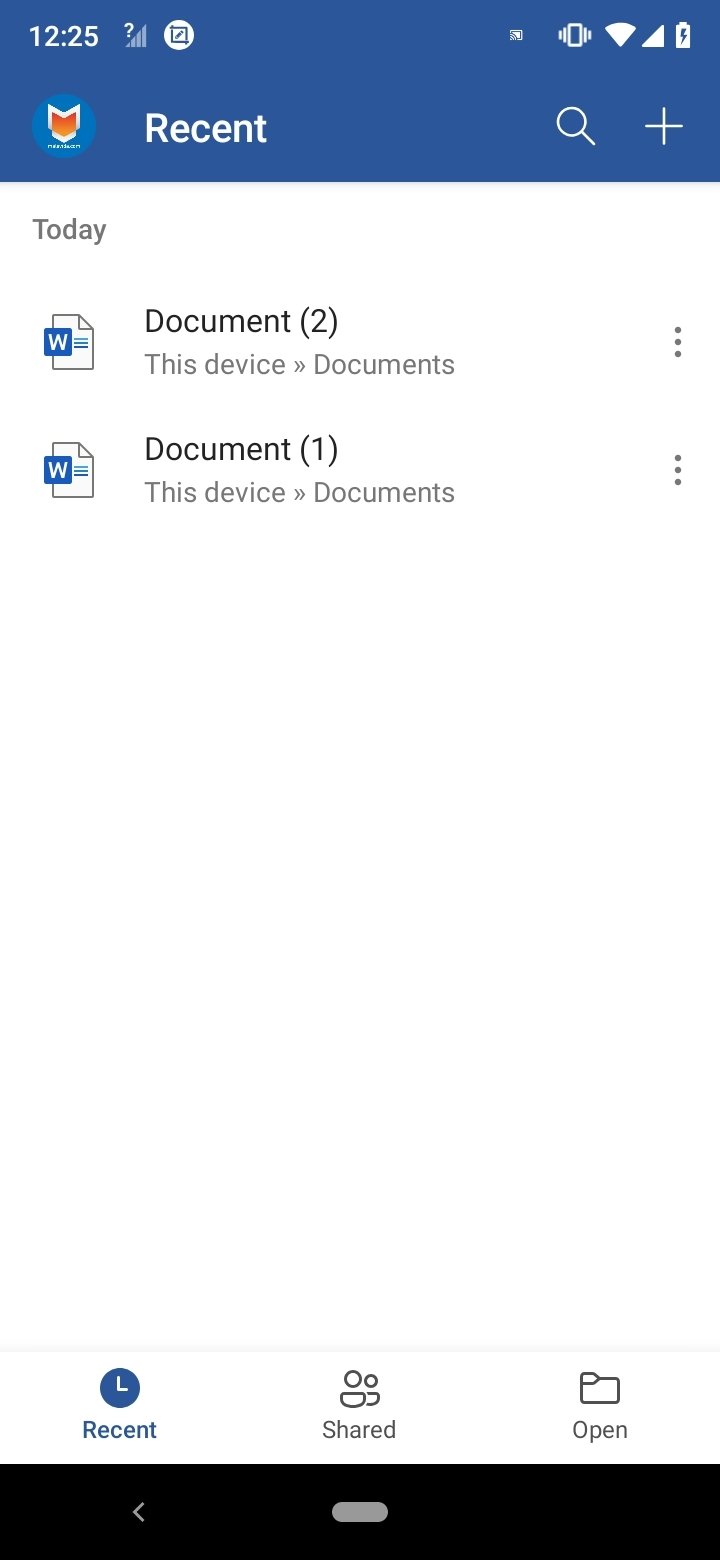Microsoft 365 is a subscription that includes the most collaborative, up-to-date features in one seamless, integrated experience. Microsoft 365 includes the robust Office desktop apps that you’re familiar with, like Word, PowerPoint, and Excel. Start quickly with the most recent versions of Word, Excel, PowerPoint, Outlook, OneNote and OneDrive —combining the familiarity of Office and the unique Mac features you love. Be more productive Find the feature you need fast and create documents more easily with built-in automated design and research tools.
-->Summary
This article demonstrates how to create an Automation client for Microsoft Excel by using Microsoft Visual C# .NET.
More Information

Automation is a process that permits applications that are written in languages such as Visual C# .NET to programmatically control other applications. Automation to Excel permits you to perform actions such as creating a new workbook, adding data to the workbook, or creating charts. With Excel and other Microsoft Office applications, virtually all of the actions that you can perform manually through the user interface can also be performed programmatically by using Automation.
Excel exposes this programmatic functionality through an object model. The object model is a collection of classes and methods that serve as counterparts to the logical components of Excel. For example, there is an Application object, a Workbook object, and a Worksheet object, each of which contain the functionality of those pieces of Excel. To access the object model from Visual C# .NET, you can set a project reference to the type library.
This article demonstrates how to set the proper project reference to the Excel type library for Visual C# .NET and provides sample code to automate Excel.
Create an Automation Client for Microsoft Excel
Start Microsoft Visual Studio .NET.
On the File menu, click New, and then click Project. Select Windows Application from the Visual C# Project types. Form1 is created by default.
Add a reference to the Microsoft Excel Object Library. To do this, follow these steps:
- On the Project menu, click Add Reference.
- On the COM tab, locate Microsoft Excel Object Library, and click Select.
Note Microsoft Office 2003 includes Primary Interop Assemblies (PIAs). Microsoft Office XP does not include PIAs, but they can be downloaded.
- Click OK in the Add References dialog box to accept your selections. If you are prompted to generate wrappers for the libraries that you selected, click Yes.
On the View menu, select Toolbox to display the toolbox, and then add a button to Form1.
Double-click Button1. The code window for the form appears.
In the code window, replace the following code:
with:
Scroll to the top of the code window. Add the following line to the end of the list of using directives:

Test the Automation Client
Microsoft Excel Templates
- Press F5 to build and to run the program.
- Click Button1 on the form. The program starts Excel and populates data on a new worksheet.
- When you are prompted to enter quarterly sales data, click Yes. A chart that is linked to quarterly data is added to the worksheet.
Microsoft Excel

Microsoft Excel Free Download
References
Microsoft Excel Free

Microsoft Excel Online
For more information, See Microsoft Developer Network (MSDN) Web site.

:strip_icc():format(jpeg)/kly-media-production/medias/1469064/original/081244500_1484140842-excel_1.jpg)